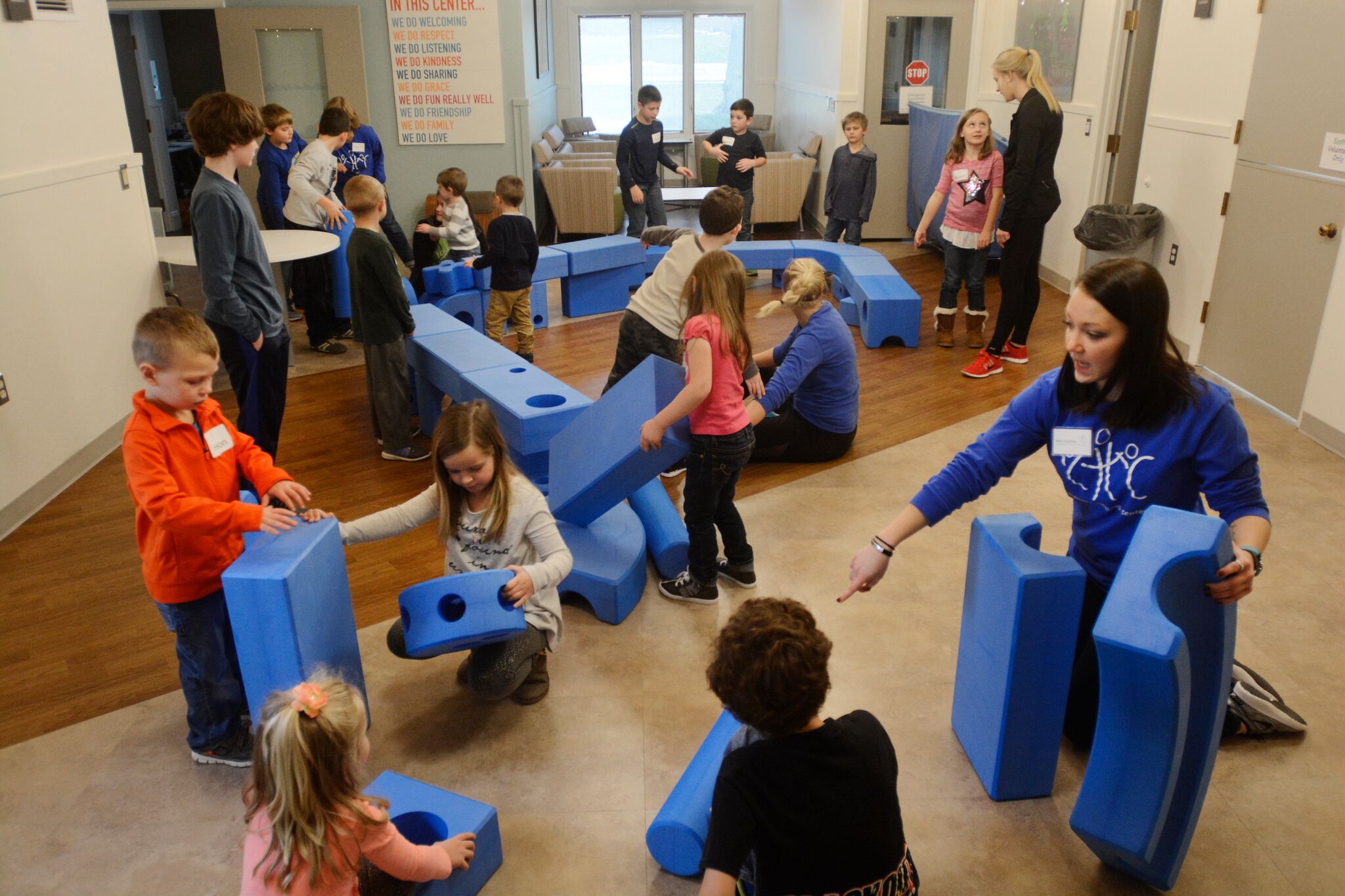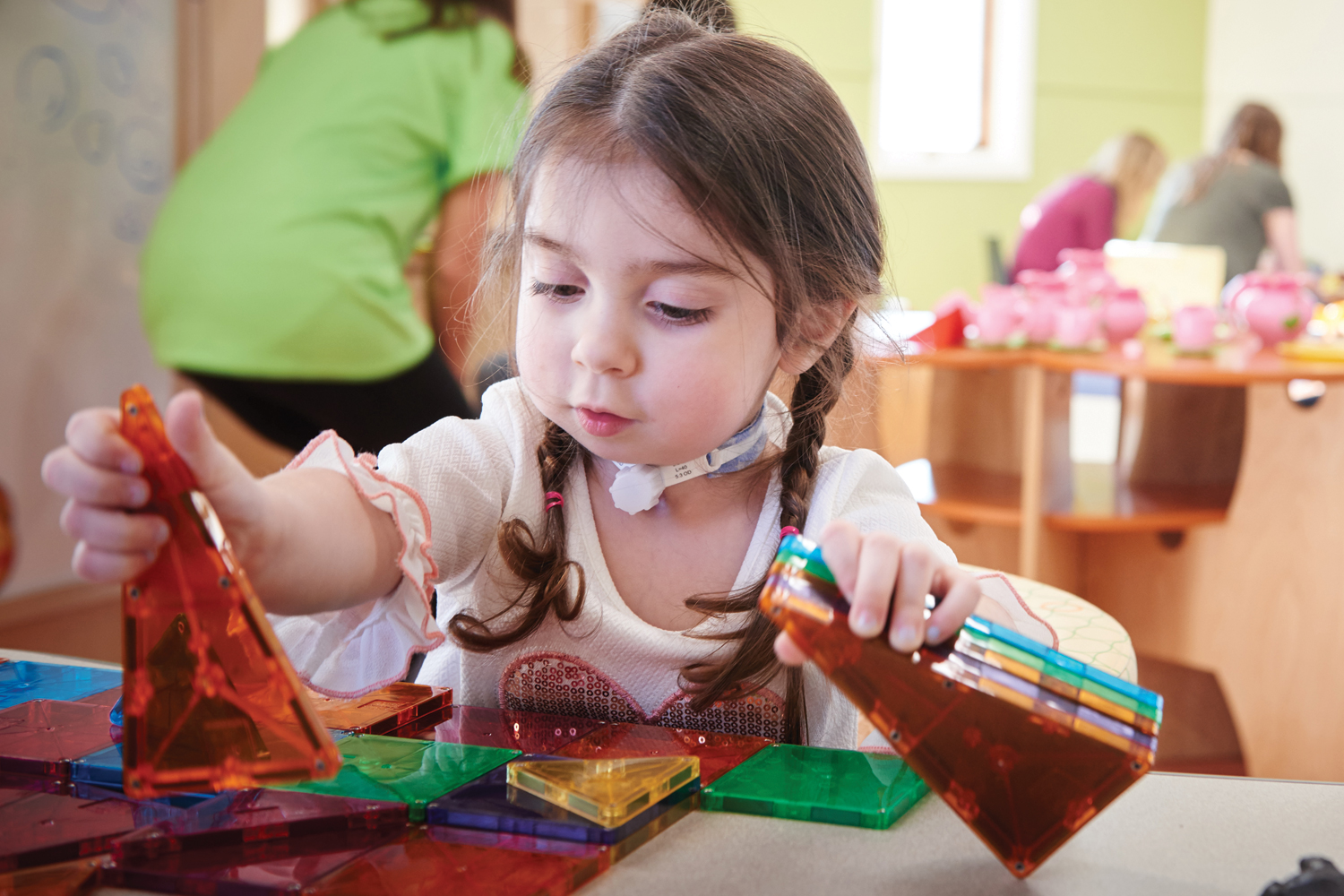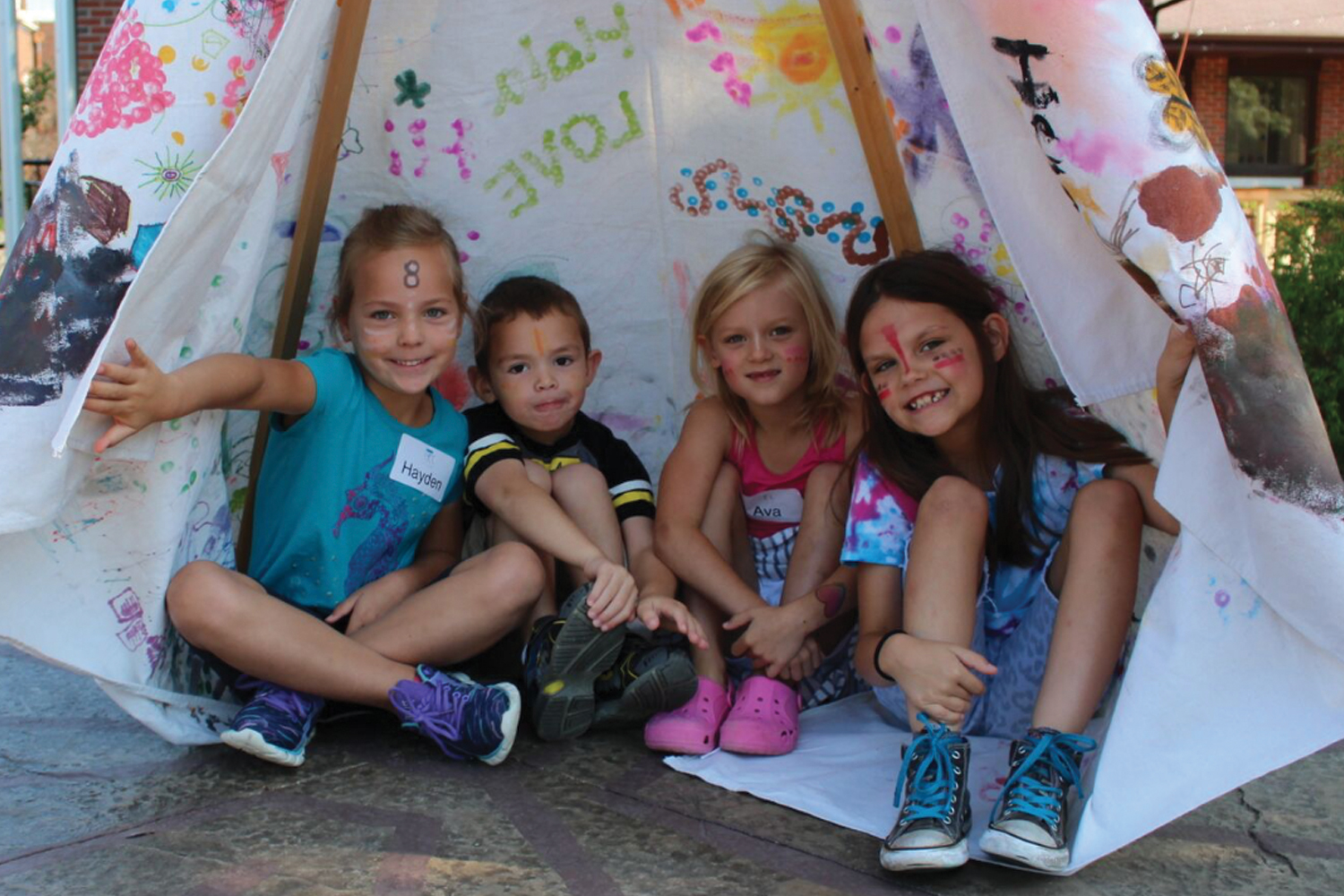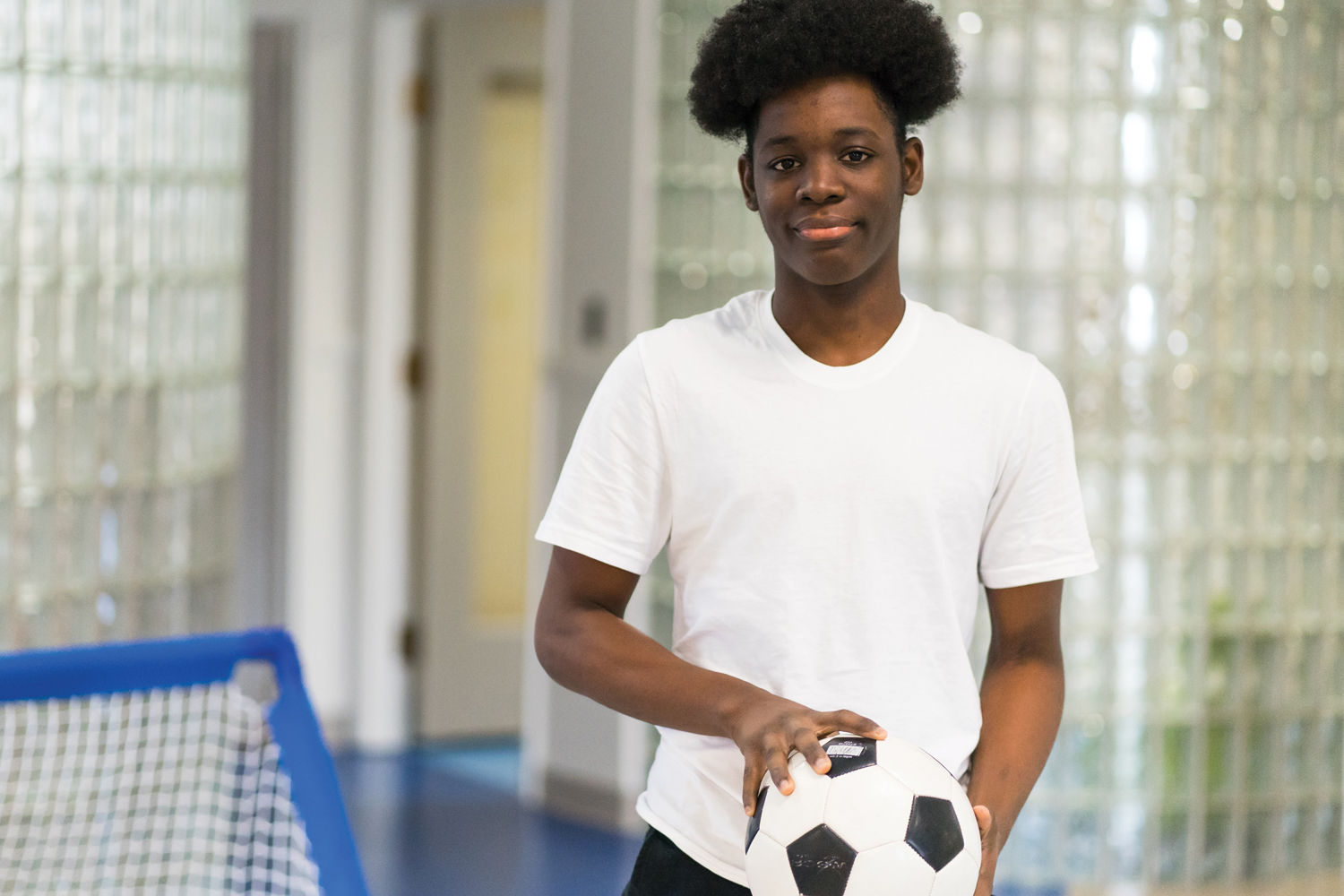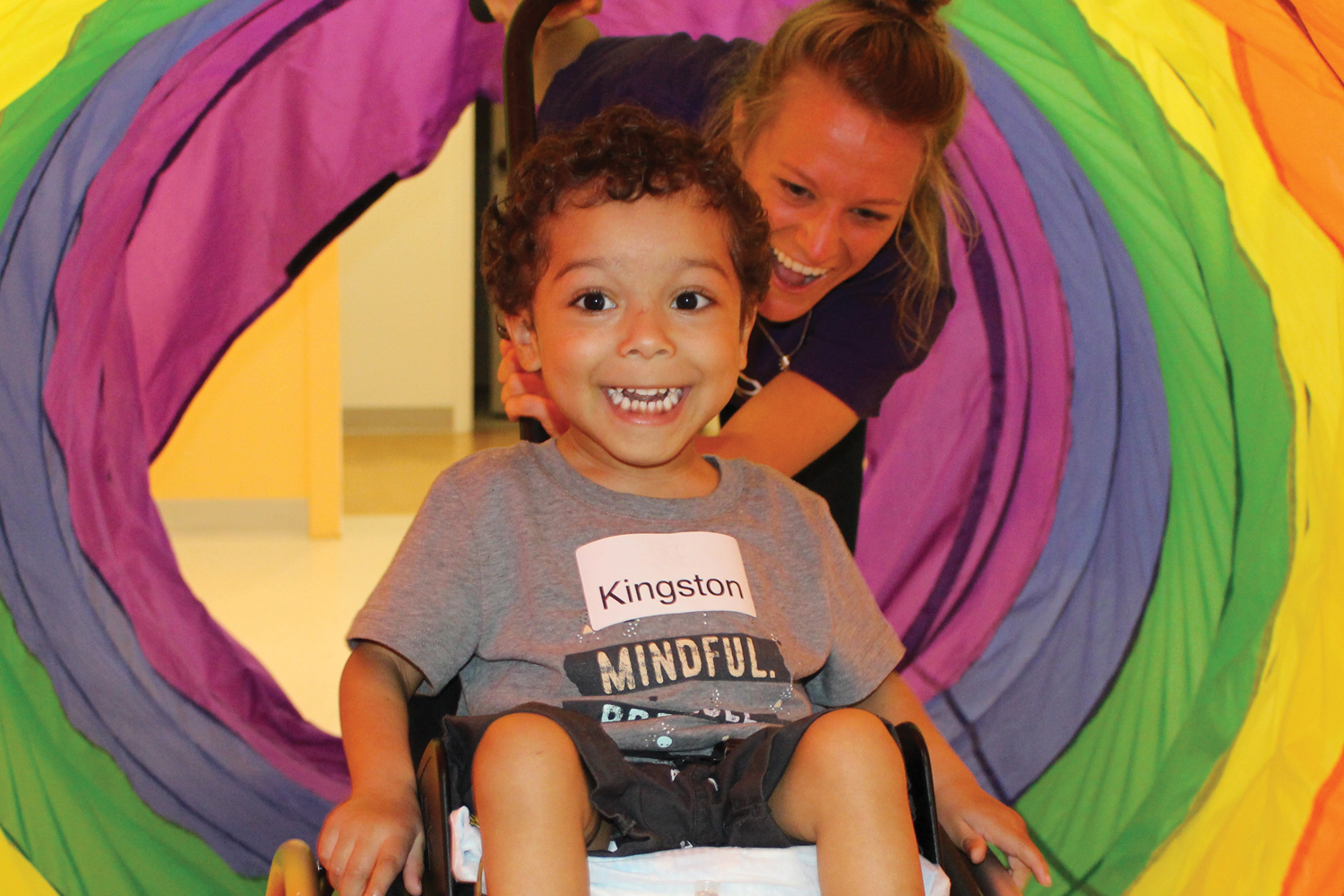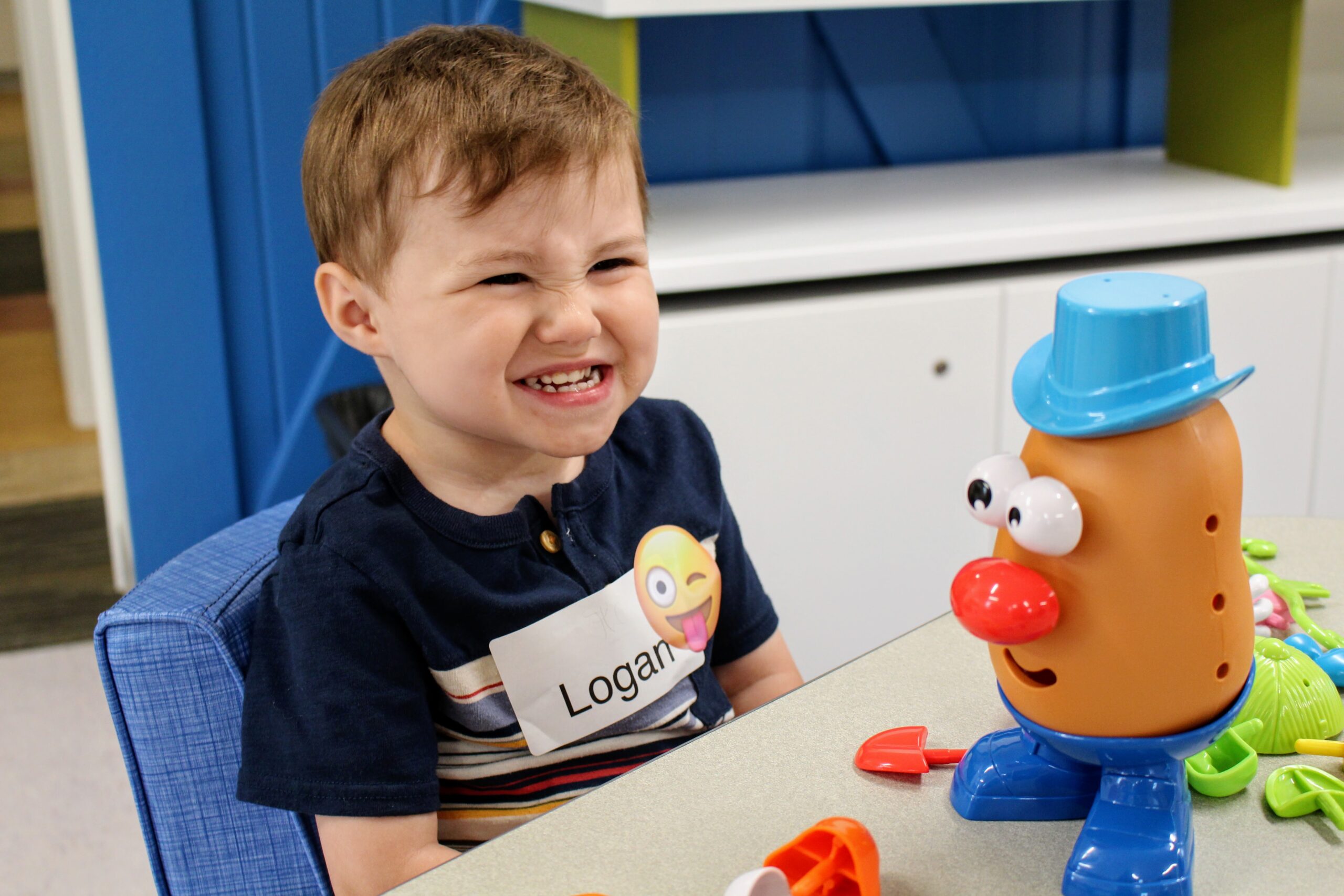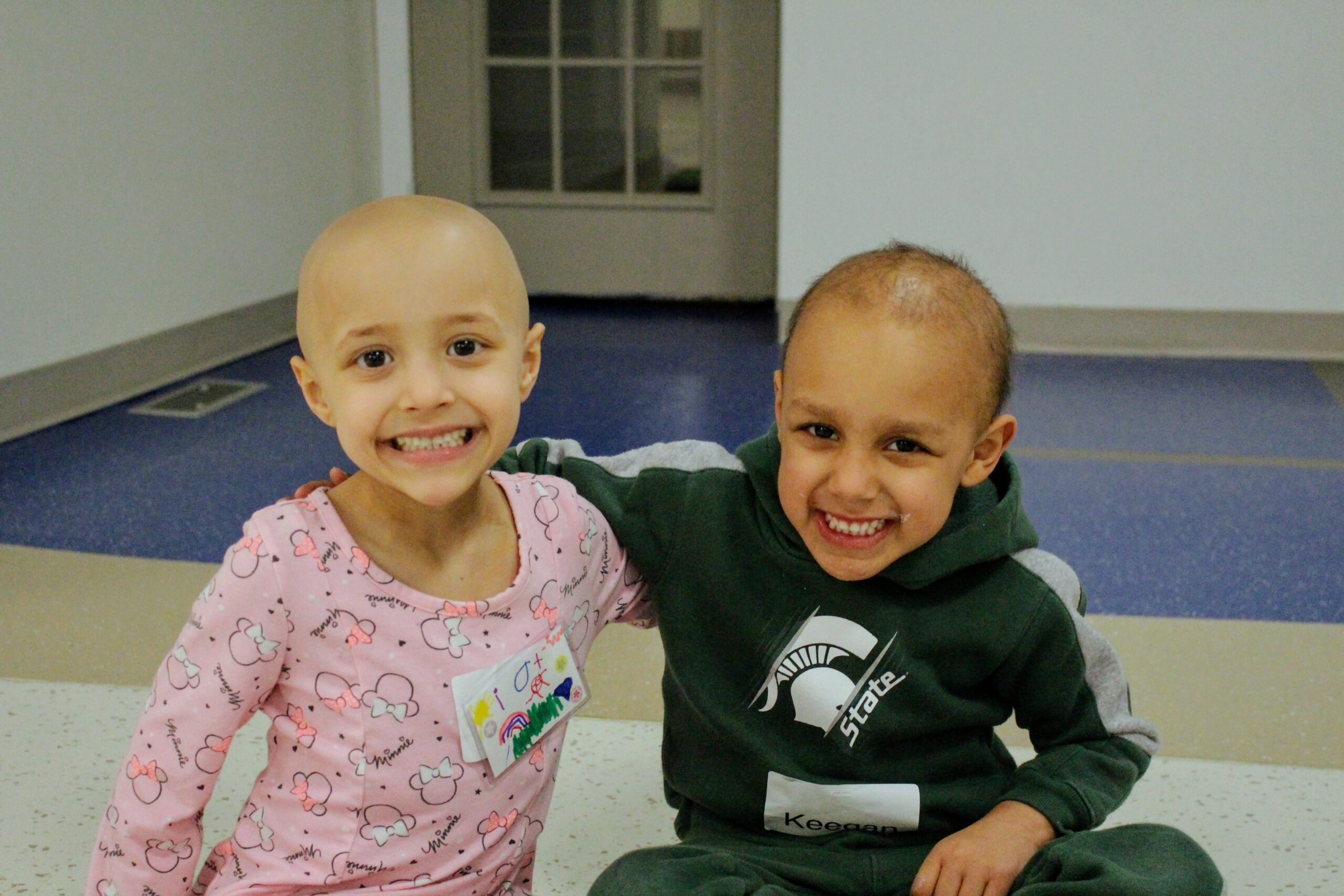Sharing your medical story with a new friend, partner, or acquaintance can feel a little daunting. How do you broach the subject? When is the right time? What will they think?
There isn’t a one-size-fits-all, this-way-always-works, perfect method.
This conversation is about you opening up and sharing a very personal experience. Do what makes you feel most comfortable. Begin with humor, with all the medical facts, or with a frank,
“I want to tell you about my medical challenges,” that leads into your story. Take your time and share when you feel ready to have a full conversation. Allow your new friend to participate by asking questions,
expressing emotion, and potentially sharing their own experiences. This discussion will draw you closer and give you the opportunity to verbally process your medical story.
Vita Collective members shared their personal experiences below. Take it from people who have been there – the how and when of sharing your medical story is totally up to YOU.
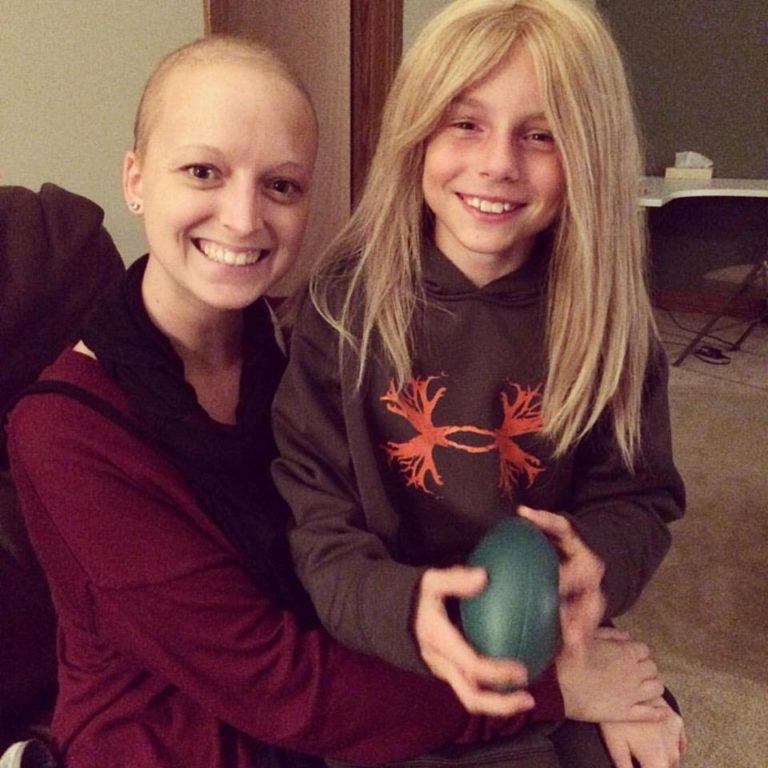
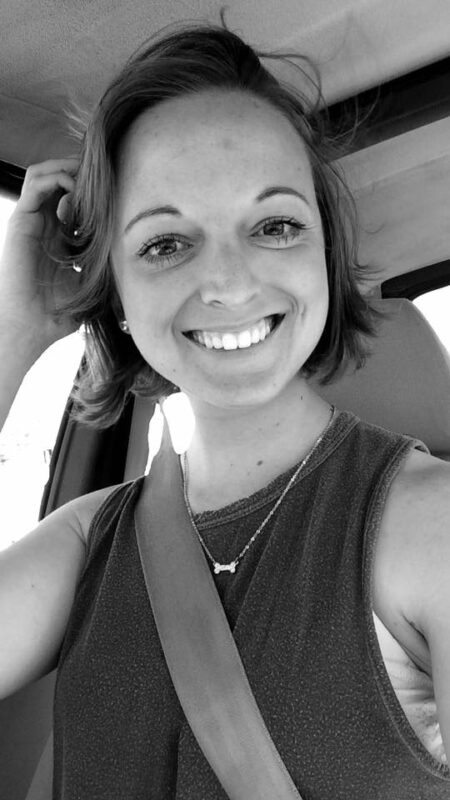
Marcy, age 24
“Sharing your medical story is something that is very personal, and everyone approaches the task differently. However, I found that over the course of 2 1/2 years of treatment, it was necessary to share with people what was going on in order to help myself. Inevitably, you will be met with sympathy or shock and endless questions about how you knew or how you got it as though you willed it into being. I found that telling my story could create discomfort if I allowed it to, or I could use it to redefine myself and who I am post-diagnosis. Now, I enjoy talking to people about my experience. It’s weird that young adult cancer is on the rise! I think we need to talk about it more, not only to raise awareness, but to connect us to other people with the same experience so that we can experience empathy instead of sympathy for once.”

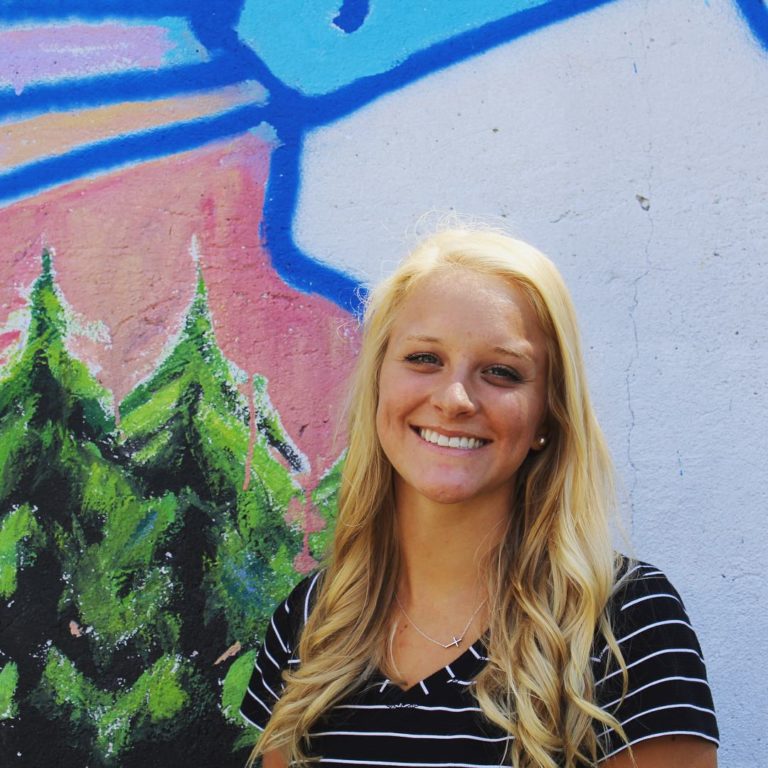
Kristi, age 20
“I don’t always share my story, but if I feel I can help another person by knowing I can empathize with them and support them in something, I am quick to share. Once one person shares, it helps build a stronger relationship and create connections that never would have been there otherwise. Even if it isn’t a medical situation, it seems to generally come up even without myself bringing it up – either because of school, work or general conversations about life. My medical story is a big part of my life, so I don’t really shy away from it. Rather than being sad or embarrassed about it, I’d rather use it as a way to help others through my experience.”
Share your medical story and give Values Clarification a try with us at the next Vita Collective gathering on September 18 @ 6:00. Email Janna at JSikma@ChildrensHealingCenter.org for more details. We’ll see you there!


